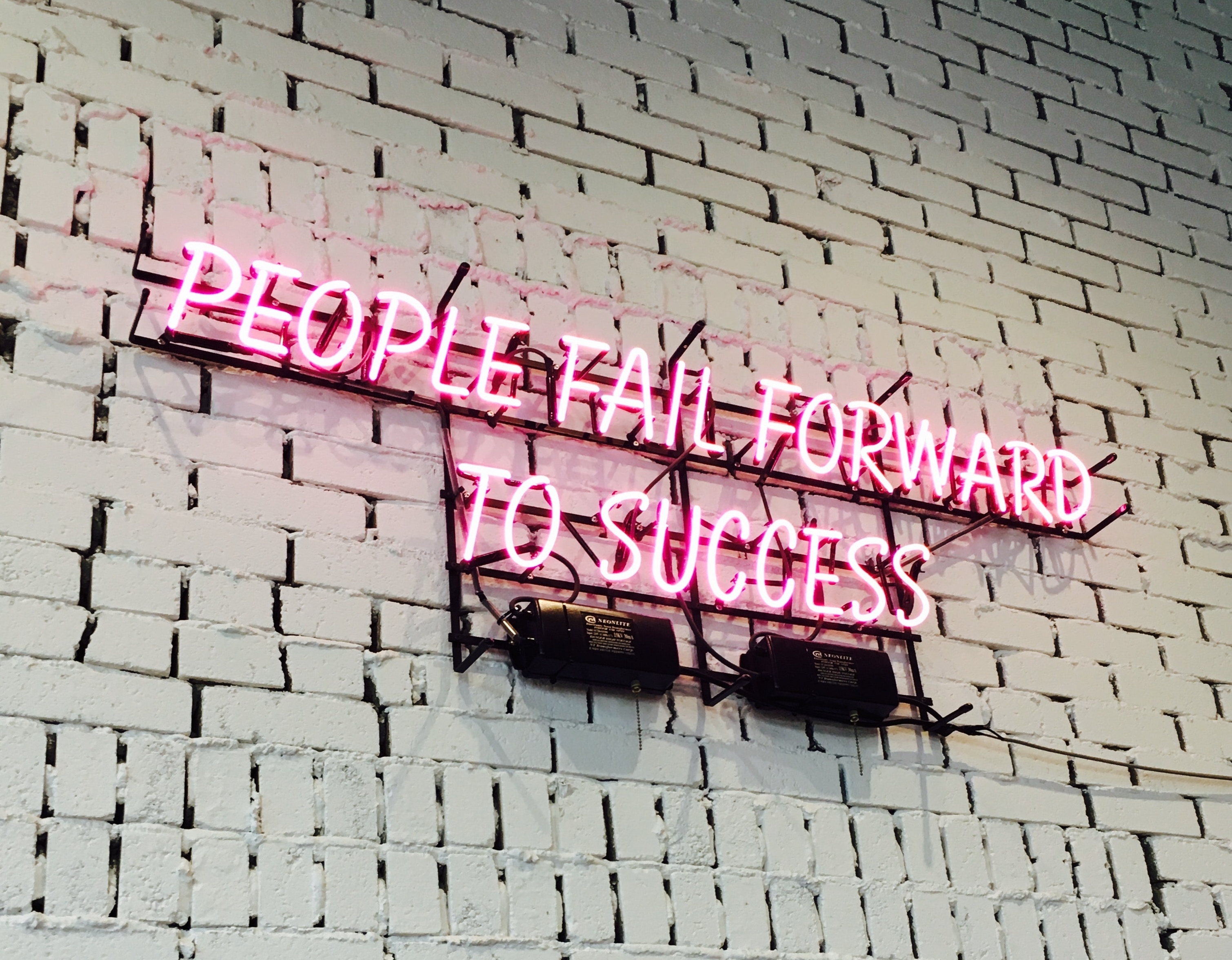By Sheeva Azma
One thing that’s really difficult about being a writer is the inevitable rejection. The more you put yourself out there, the more you set yourself up for defeat in the form of endless rejection letters.
I am no stranger to rejection. I have been rejected from colleges, graduate schools, dream jobs, dumped by boyfriends without a second thought, not approved for credit cards…the list goes on and on.
This week, I experienced a new kind of rejection. I was dropped from my new gig as a tech reporter for a major website. The reason? I didn’t have any experience writing articles in a journalistic style, and I presume the editor was growing tired of my endless requests for feedback so I could improve my skills on the job.
In reality, I have no idea why I was even hired. I have never written any news stories, nor do I read the news, especially during the COVID-19 pandemic, with the unthinkable continually happening. The closest thing I have written to any new stories is this blog, and the occasional press release.
That’s not to say that I’m not a successful freelance writer. It’s just that I have never had to learn how to write news articles over the past seven years as a freelance writer — and, as a result, I never had the opportunity to learn how to write in a more journalistic style. That includes stuff like how to write a pitch, a lede, and a nut graph or nut graf (short for “nutshell paragraph”). It also includes how to deliver a news story in the format used by all news reporters: add the most useful information first, then add more interesting details toward the end of the story. It all requires some form of learning. Each newspaper also has a different tone to it: for example, the Huffington Post and New York Times have a very easily discernible tone to that of the Daily Beast.

In a way, I’m a natural for news reporting — I love to ask questions and interview people, and I’ve done it a lot in my freelance writing endeavors. For me, the difficult part of journalism was getting into a “journalistic mindset.” I don’t know any journalists, so I couldn’t get a lot of advice on the subject. I did once see Tom Brokaw speak at MIT, shortly after I graduated college. In fact, I bravely stepped up to the microphone after his talk at the 2008 MIT Compton Lecture to ask him a question (yes, this really happened): “How do you think the internet will impact TV journalism?”
Sadly, Brokaw didn’t hear me at first. I felt like an idiot. Then, Susan Hockfield, MIT’s former president who was also in attendance, repeated my question to him. Brokaw joked, “we’d like the internet to go away, so we can go back to being a monopoly again.” He laughed. Then he discussed the limitless impact of the internet on journalism. He reiterated the importance of journalists in helping make sure that the information available on the internet is “reliable and useful to you.”
This was in the late 2000s, when print journalism was evolving and transitioning to digital journalism and citizen reporting was emerging on sites such as Twitter. In the next few years, entire countries would experience regime change entirely via Twitter. I’m not sure what Tom Brokaw would say about the state of internet reporting today, but since he now loves to tweet @TomBrokaw, it is safe to assume that he has adapted to it.
One of Brokaw’s key takeaways here emphasized the importance of journalism as a discipline. People like me, who have a lot of useful insights about the world, still need to learn how to communicate them effectively. So, instead of moping about my lack of journalism skills, I’ve decided I’m going to learn more about journalism and what makes an article good — even great.
People like me, who have a lot of useful insights about the world, must learn how to communicate them effectively.
Tweet
Lucky for me, you don’t have to be a seasoned journalist such as Tom Brokaw to know what makes an article good. So, I’ve been thinking a lot about what makes good journalism good — and even great — beyond the structural aspects of a good article.
Diversity Counts
Based on my limited, two-week experience as a journalist, I can say that one thing that makes journalism articles really great is diversity of opinion. What I really liked about my temporary gig is that we made an effort to reach out to minorities and females who may be overlooked in traditional news. The effort invested to diversify your sources is a great asset in the long run. Not only does it help deliver the story better and generalize the impact of your story to a larger population, it is also a good idea because diversity matters in journalism and reporting.
Report the Facts — Not Your Opinions Presented as Facts
Another thing I realized from my experiences as a scientist is the importance of science journalism. I have already previously written about the importance of good science journalism. What does good journalism in the sciences mean? It means reporting the facts, and reporting them correctly.
In order to report facts, journalists, especially science journalists, must have a great eye for detail — even more so amid a pandemic. There have been a number of oversights by top news channels such as CNN that have made huge blunders when reporting their science. For example, I was among the first to point out a tweet by CNN that referred to the mRNA in Moderna’s mRNA-1273 COVID-19 vaccine as a type of cell. As a scientist, I was able to quickly hold them accountable with regards to their reporting. They have since deleted their original tweet, owned up to their mistake, and reported their story correctly.
In addition to correctly reporting facts, journalism also means putting aside your personal and political views to give readers an objective assessment of the science. Yes, that even means putting aside your personal views on whether hydroxychloroquine works or not, because, in the end, whether you vote for Donald Trump, or not, does not change medical facts on the efficacy of drugs.
Journalism is a Service
Finally, the most important thing about journalism, as was discussed on a recent #freelancechat by Caitlin Kelly, is that it’s a service discipline.
Journalism isn’t about getting the most number of articles published in the news, just to say that you did. It’s about offering value to your readers — helping your readers understand something that they otherwise would not know about. It’s about empowering readers with the knowledge they need to go about their daily lives.
You don’t have to be a journalist to know what makes good journalism “great”
In writing this blog post, I reached out to some of my Twitter followers to see what they had to say on the topic. One person, @LateNightGirlMe, tweeted back.
I’m not sure what’s next for my career in journalism, but I will keep you posted on my future journalistic endeavors. It’s clear that, while I can write, journalistic writing is different from writing a simple essay, so that’s one thing I continue to work on. Rejection is a normal part of life, and I don’t expect it to ever go away, nor will it. Being rejected just means that you’ve been putting yourself out there. It shows you have been trying. It most definitely does not mean failure; it just means you’re not ready yet.
Being rejected just means that you’ve been putting yourself out there. It shows you have been trying. It most definitely does not mean failure; it just means you’re not ready yet.
Tweet
For now, I’m grateful for the opportunities I have had to expand my skill set, and I’m sure I will have even more opportunities to flex my reporting skills in the future.


7 thoughts on “Can We Make “Good” Journalism “Great”?”